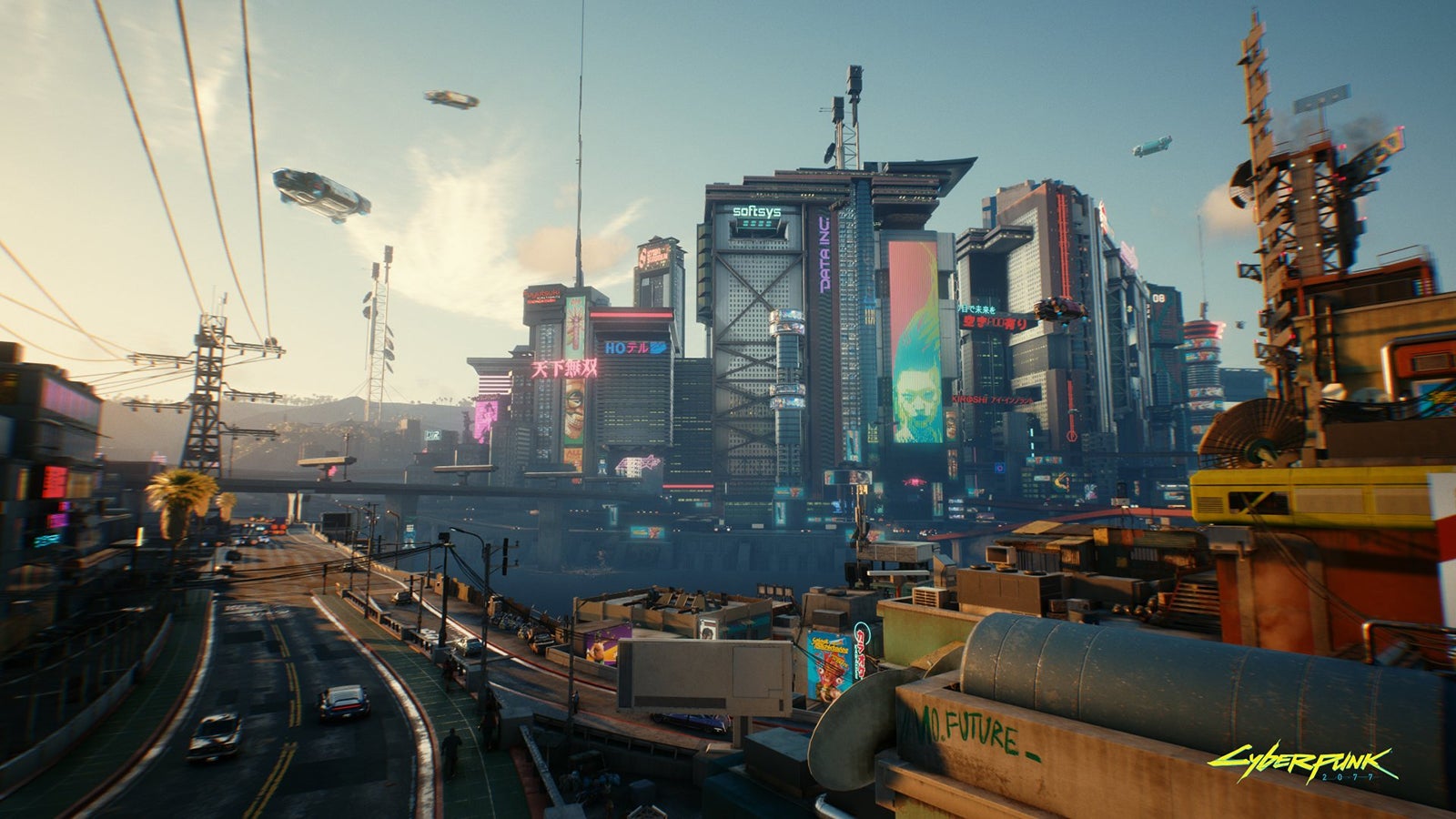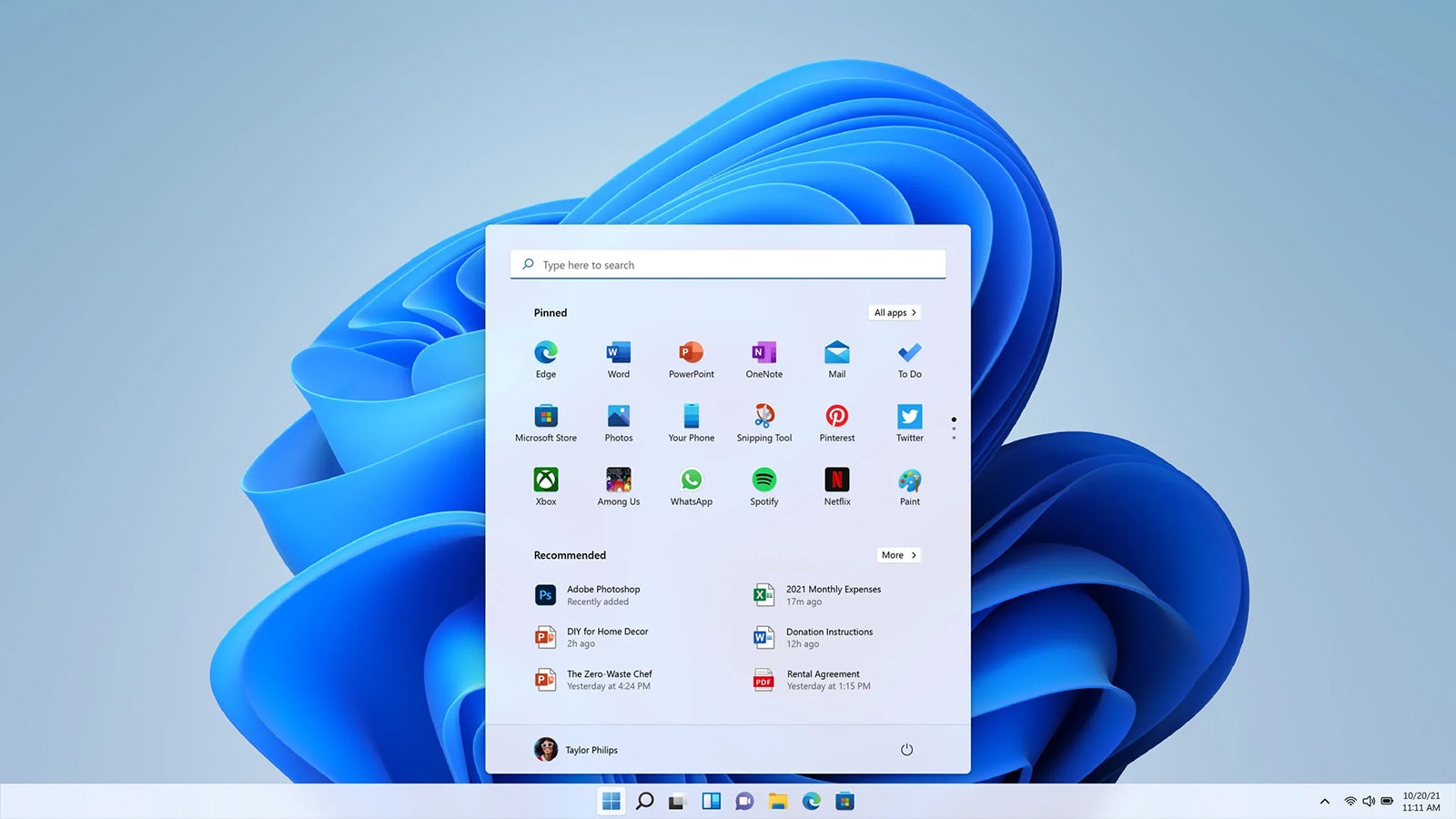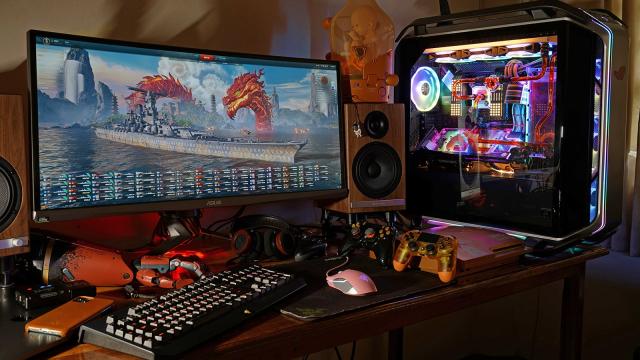Windows 11 is on the way, bringing with it a fresh design and eliminating some features while adding new ones. One of the technologies that Microsoft’s next operating system is bringing with it is DirectStorage, promising super-fast loading times for next-gen SSD storage. Here’s everything you need to know about the tech before it arrives.
If you’ve heard of DirectStorage before, that’s because it’s already integrated into the Xbox Series X and Xbox Series S. Part of the Xbox Velocity Architecture system, DirectStorage does the same job on the gaming consoles as it will on Windows 11. That job — the main reason for the existence of DirectStorage — is to enable data to be read from and written to storage much more quickly.
It’s primarily a gaming technology, developed as a response to the ever-increasing size of games. All those vast open worlds and highly detailed textures need to be loaded up into memory as quickly as possible, and more traditional approaches are fast reaching their limit (as prolonged loading times and extended cut scenes might suggest).
Technically, DirectStorage is a part of the DirectX 12 specification that covers a variety of media protocols. It’s an API or Application Programming Interface, a tool that developers can use to access the hardware at their disposal in a particular way — and in this case, that particular way is to improve disk access and speed up loading times, whether during gameplay or between scenes.
DirectStorage is also aimed specifically at the most modern type of storage for PCs: NVMe SSD, or Non-Volatile Memory Express Solid-State Drive. Explaining the ins and outs of NVMe SSDs is a whole other guide in itself, but suffice to say the NVMe part speeds up communications between a computer’s permanent storage and the rest of the system.

DirectStorage is built to take better advantage of that speed boost, removing bottlenecks that might be hit further down the line as data is shifted to and from the drives inside your computer. It gives NVMe SSDs enough headroom to operate closer to their maximum potential, in other words.
There are several different ways that the DirectStorage API improves performance. One is that it can bundle input and output requests together in batches, meaning less overhead and more efficient operations. With GPUs also getting more powerful all the time, DirectStorage means a graphics card doesn’t have to slow down and wait as it tries to load assets from local storage.
The number of requests that can be processed simultaneously is important, as developers often split their games down into chunks of code that are as small as possible, only serving up the bits of the game world that you need at any one time. That helps with system resources, but it does vastly increase the number of times a disk needs to be accessed, and DirectStorage can pick up that extra lifting.
Another trick that DirectStorage has is its ability to reduce the involvement of the CPU in loading up these game assets — they can be pulled directly from the NVMe drive, which again should mean improved performance and more time for the CPU to get on with whatever else it needs to get on with.
That’s where the DirectStorage name comes from: It’s direct access to the NVMe SSD for the GPU, cutting out the CPU from the process. A key way in which the API can help here is by decompressing files as they’re pulled from the NVMe SSD without bothering the CPU, giving it more of an advantage over older storage technologies that are currently in place.
“In this way, developers are given an extremely efficient way to submit/handle many orders of magnitude more IO requests than ever before, ultimately minimising the time you wait to get in game, and bringing you larger, more detailed virtual worlds that load in as fast as your game character can move through it,” writes Microsoft’s Andrew Yeung.

And the point that developers have more control with the new API is worth emphasising. DirectStorage is flexible enough to be used in different ways by the people who are coding games, so the extra hardware and software capabilities are utilised in a way that’s specific to each title, to a certain extent. Extra processing steps that aren’t needed for a particular game can be skipped.
We’ve now also discovered that DirectStorage will be available for Windows 10, too, although Microsoft says the improved storage stack optimizations in Windows 11 means that the API is going to work best on the newer operating system, with fewer legacy considerations from older systems to worry about.
To be able to use DirectStorage on your home computer, you’re going to need Windows 11 (or Windows 10), one of the new style NVMe SSDs, a compatible GPU, and a game that’s coded to take advantage of the storage API. As time goes on, more and more computers and more and more games should meet the requirements.
A compatible GPU means an RTX 2000 or RTX 3000 model from Nvidia or the RDNA 2 GPUs from AMD. Games coded to take advantage of DirectStorage will still run on hardware that doesn’t meet the DirectStorage requirements — it just won’t be able to optimise its loading times in all the ways that the API can help with.
While the implementation and details of these APIs can get very technical very quickly, if you are able to sit down at a DirectStorage-ready gaming PC in the near future, all you really need to know is that games updated to take advantage of the new technology should load significantly faster and run significantly smoother.
